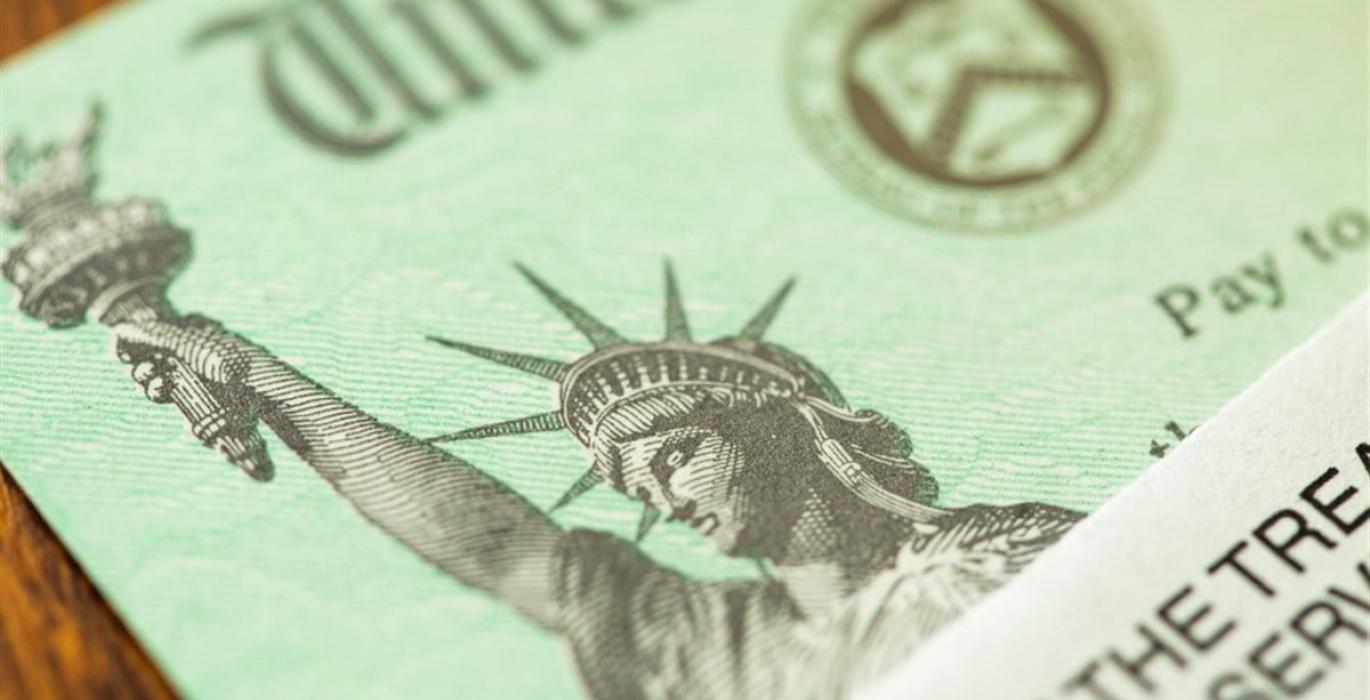Gambiaj.com – (DAKAR, Senegal) – Senegal’s sovereign dollar bonds fell on Friday after a government audit revealed larger debt and deficit figures than the previous administration had reported, Tradeweb data, showed. Senegal scared investors with a planned probe of the previous government’s fiscal accounts but the country’s longer-term economic prospects remain positive and may provide support for its bonds, analysts and investors said.
The yield on Senegal’s sovereign notes due 2048 began paring about half of the the move to 9.68% as of 12:00 p.m. in London after they climbed as much as 34 basis points in early trading on Friday. The bonds were still the worst performers in a Bloomberg index of emerging and frontier sovereign dollar debt on Friday.
Recently elected President Bassirou Diomaye Faye, who ordered the audit, blamed the previous government for releasing false figures, but it underscored the daunting task ahead for the West African nation already grappling with slower economic growth.
“The announcement does sound like a credit-negative event,” said Evghenia Sleptsova, senior emerging markets economist at consultancy Oxford Economics.
The dollar bonds fell by more than 2 cents in early trading before retracing the losses to bid roughly 1.3 cents lower between 73.01-85.52 cents on the dollar by 1200 GMT. ,
The International Monetary Fund, which has $1.9 billion bailout programme with Senegal, said the government had shared initial audit findings and that it was working with them to determine appropriate next steps.
The audit showed a more than 10% deficit at the end of 2023, in contrast with the roughly 5% reported by the previous government, economy minister Abdourahmane Sarr said late on Thursday.
Public debt, meanwhile, averaged 76.3% of GDP, according to the audit, compared with the previously reported 65.9%, due to higher-than-published public deficits.
Sarr said the concerning figures, and fear of running afoul of IMF rules, kept the government from requesting IMF cash that could have been disbursed in July.
Abdoulaye Ndiaye, professor of macroeconomics and public finance at New York University’s Stern School of Business, said the audit, unprecedented in Senegal, underscored the need for “courageous choices.”
“The results are troubling, and there needs to be a thorough legal investigation,” he said.
The IMF had already lowered.
Earlier this month, Faye called a snap legislative election, scheduled for Nov. 17, to try to break deadlock over a new budget and efforts to cut government waste.
Still, nascent oil production, which began in June, and gas output expected by the end of the year, could boost government finances.










